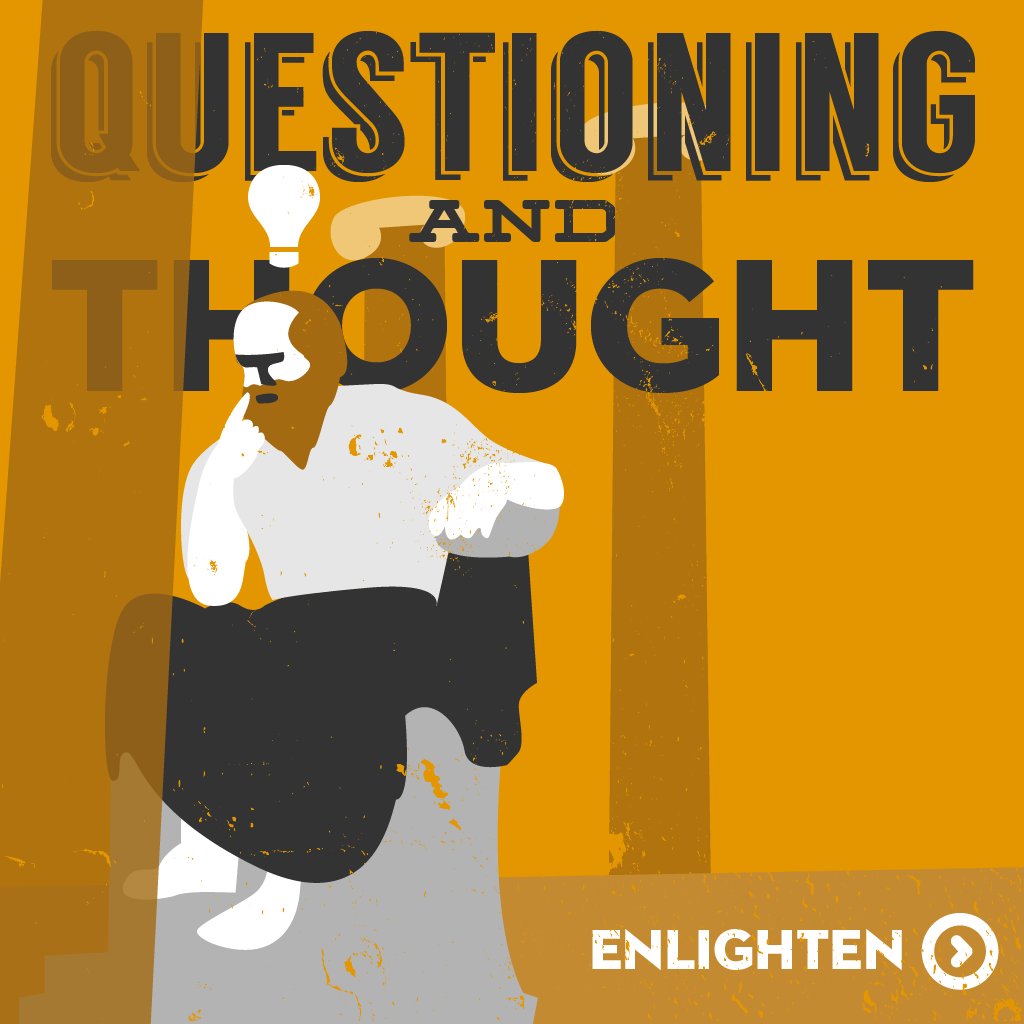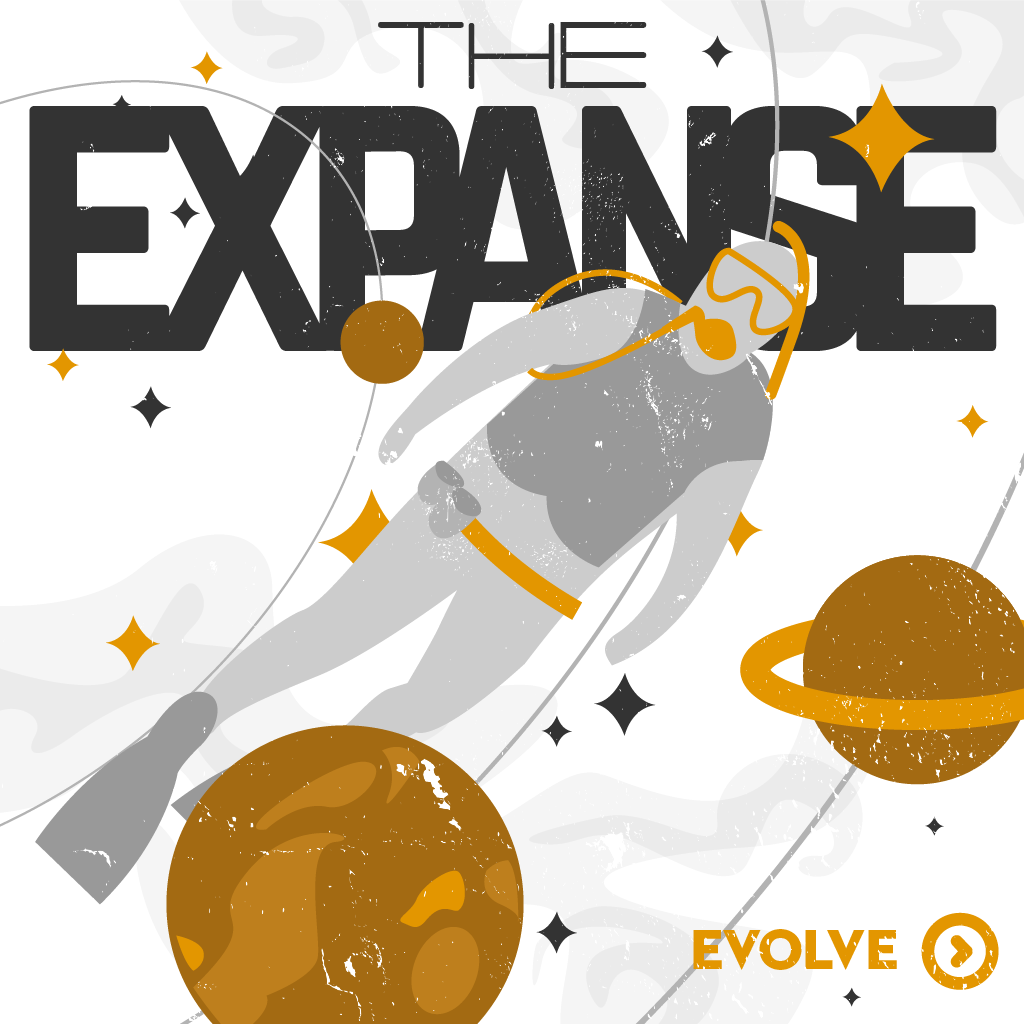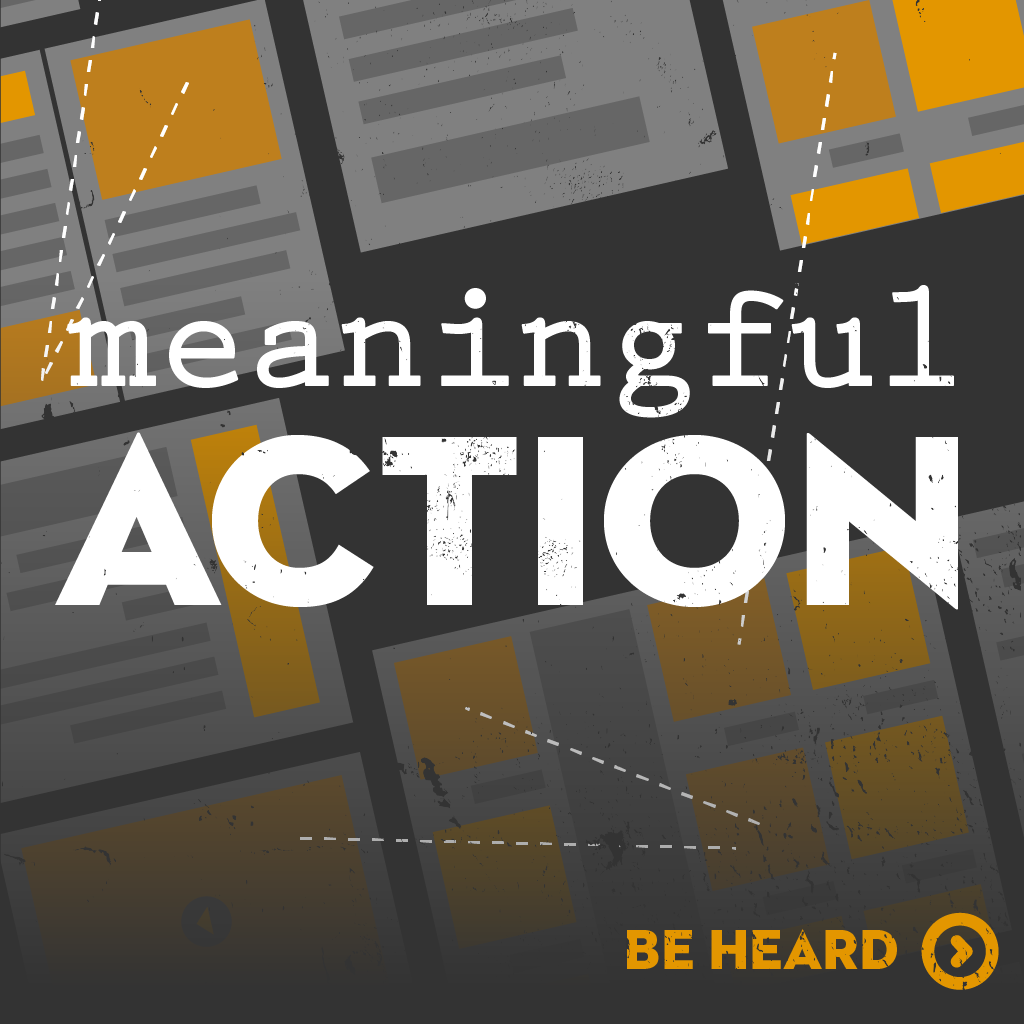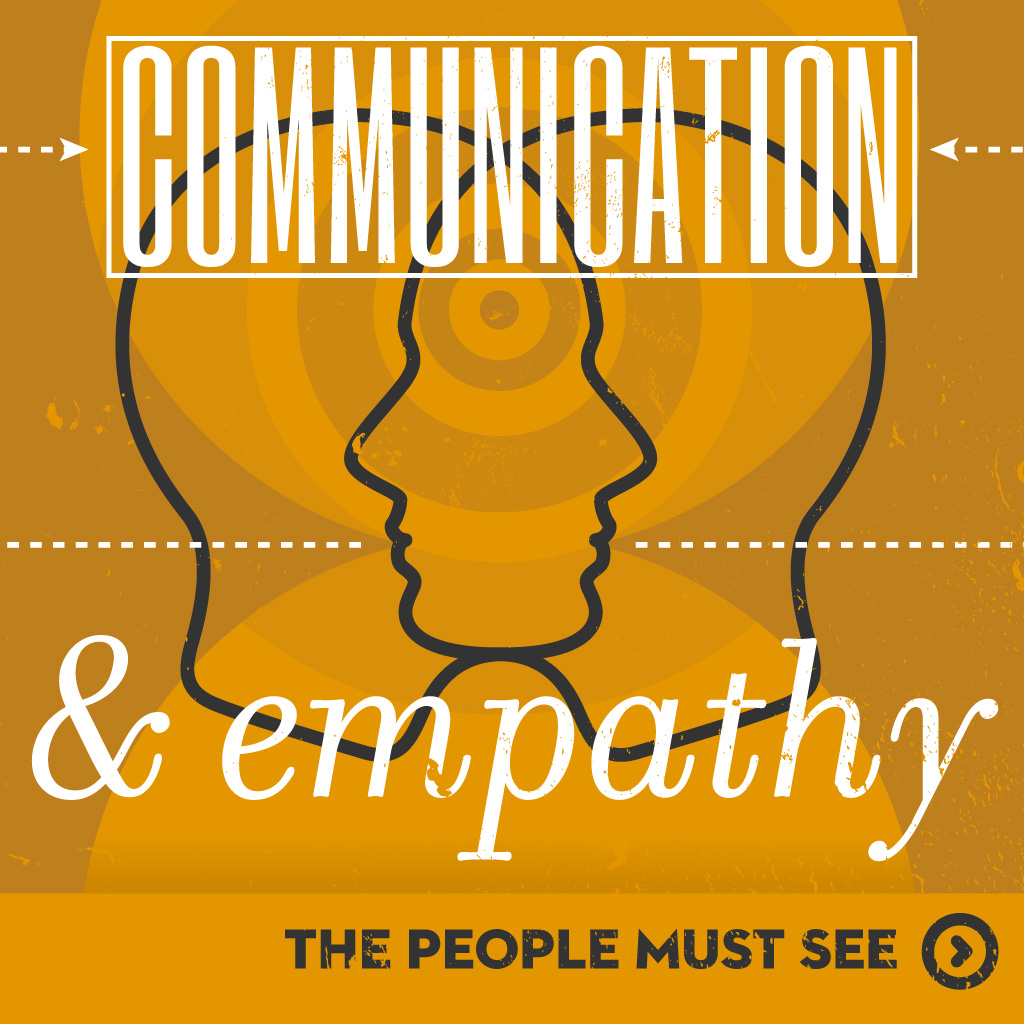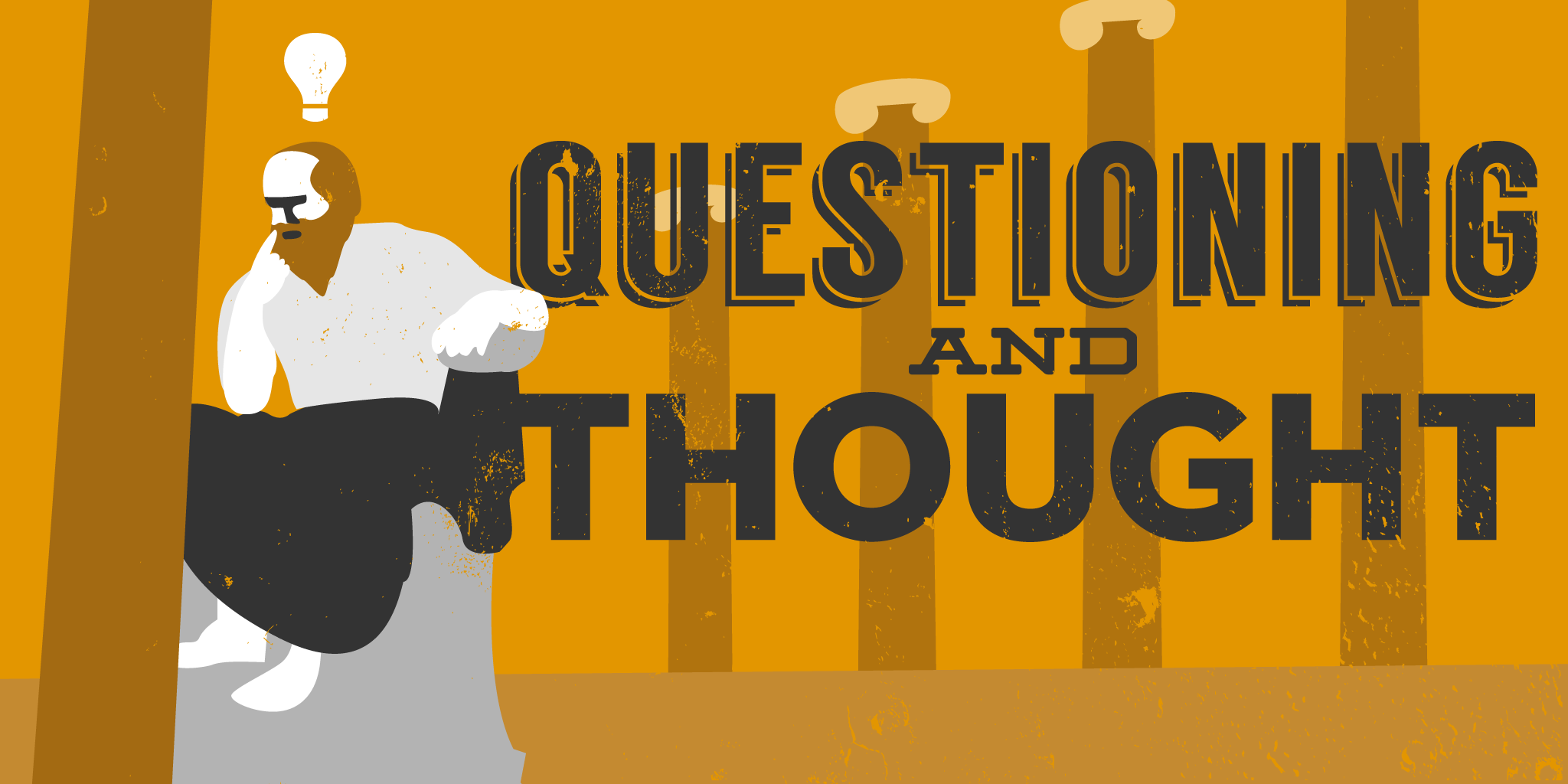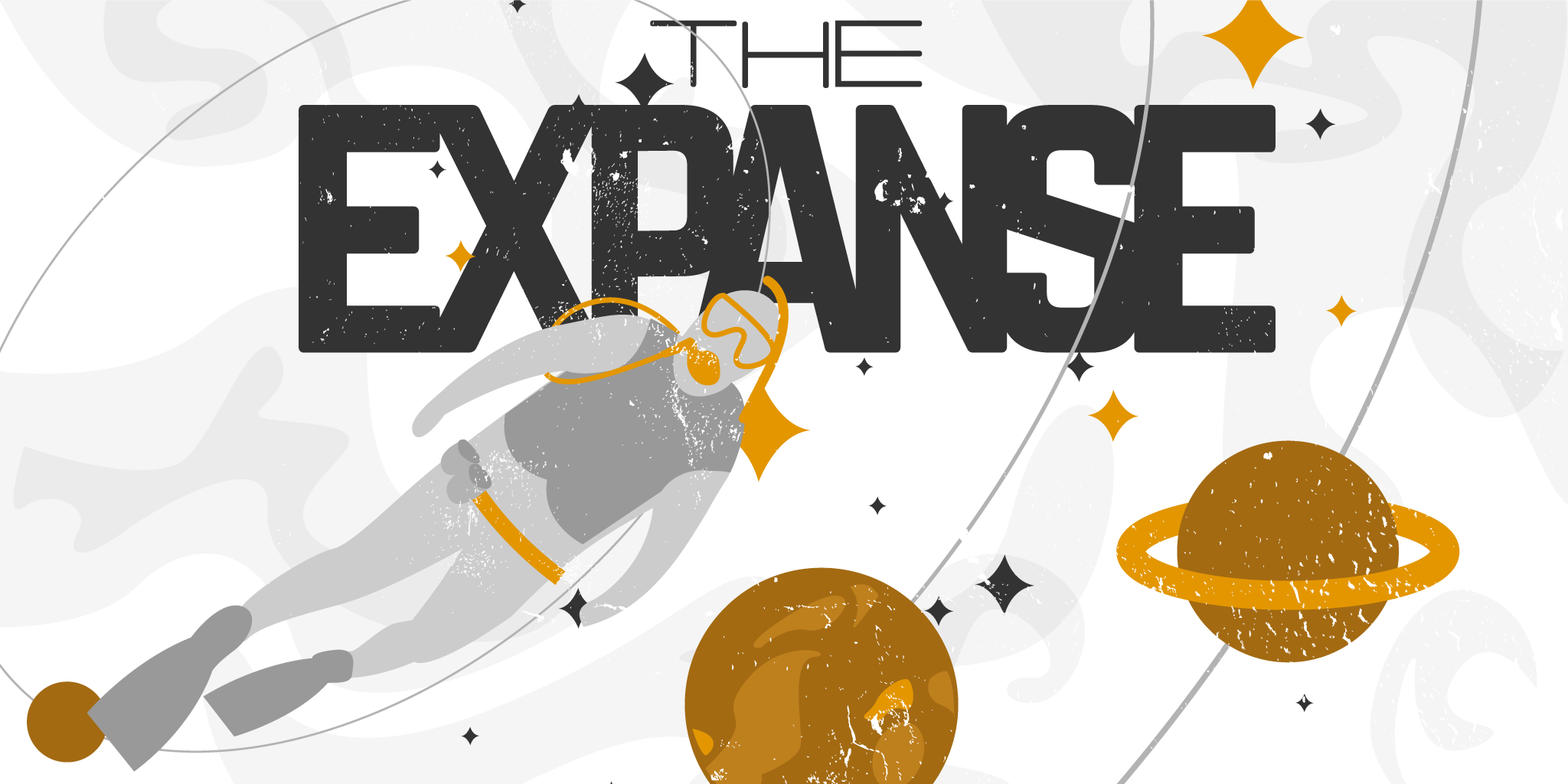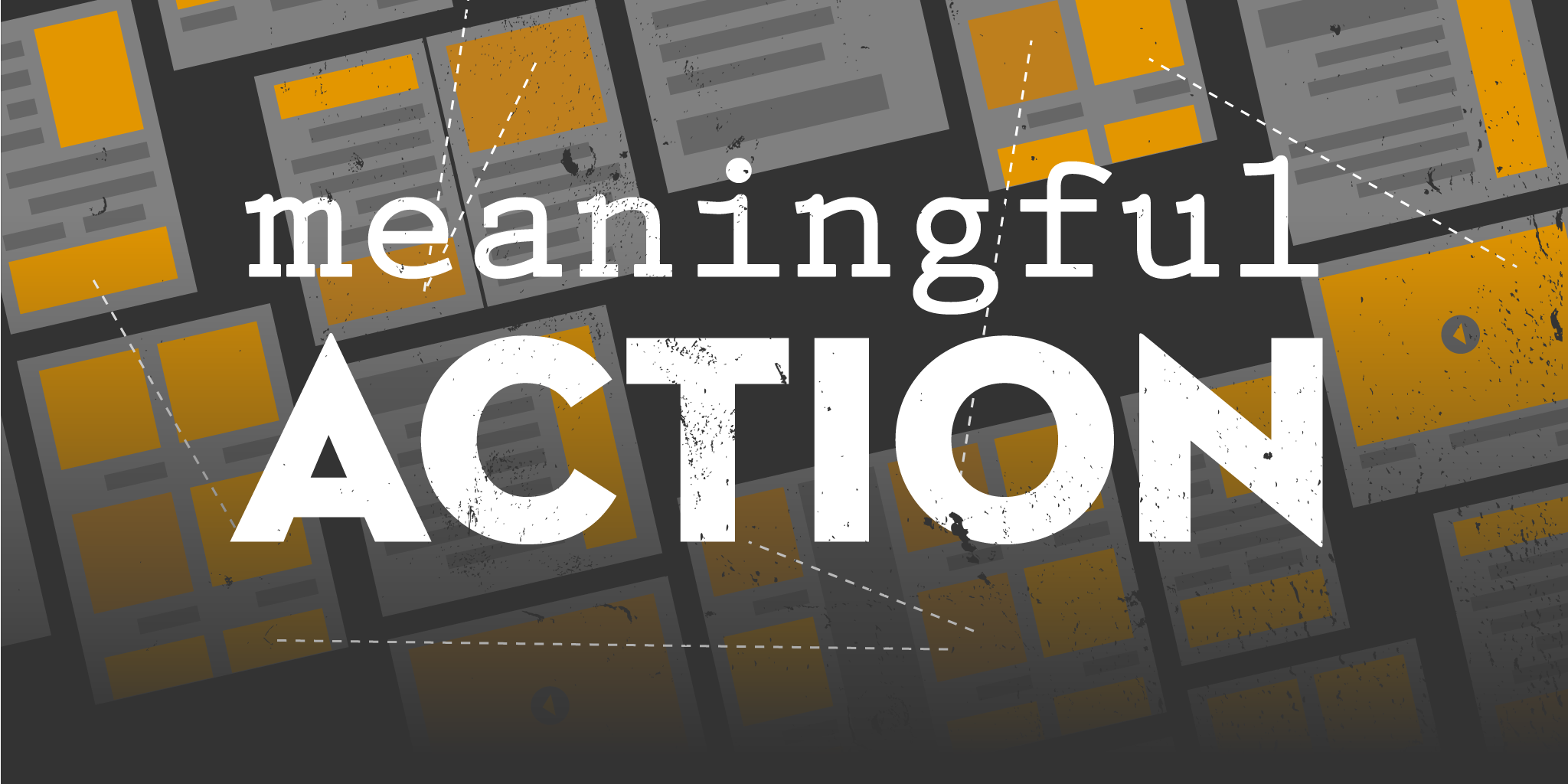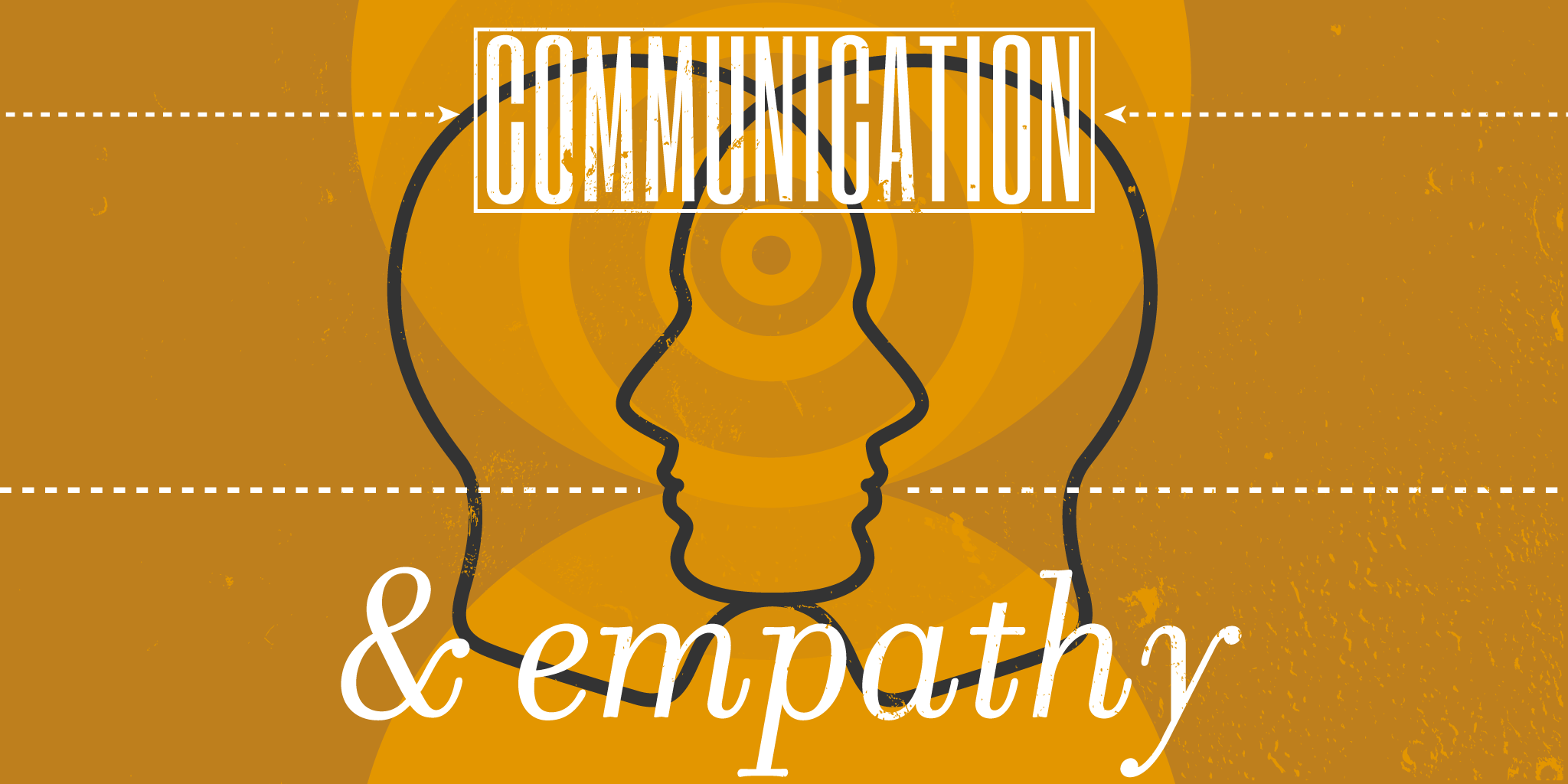This tactic abuses our brain’s propensity to make associations as an effective way to store memories. Associations are fairly simple to create, sometimes only requiring proximity to form the necessary neural pathways to connect otherwise unrelated points. Commercials frequently abuse this tactic by showing an audience imagery that evokes strong emotion or stirs up a desired reaction, then connecting it to their brand. In a related abuse, companies and politicians establish false positive associations for themselves by creating connections to universally accepted positive or popular platforms. This lowers the risk of rejection and creates false approval from audiences that are unable to separate out the speaker from the speech.
Like this article? Spread the word:Association To Universal Positive Statements
25
Jul



